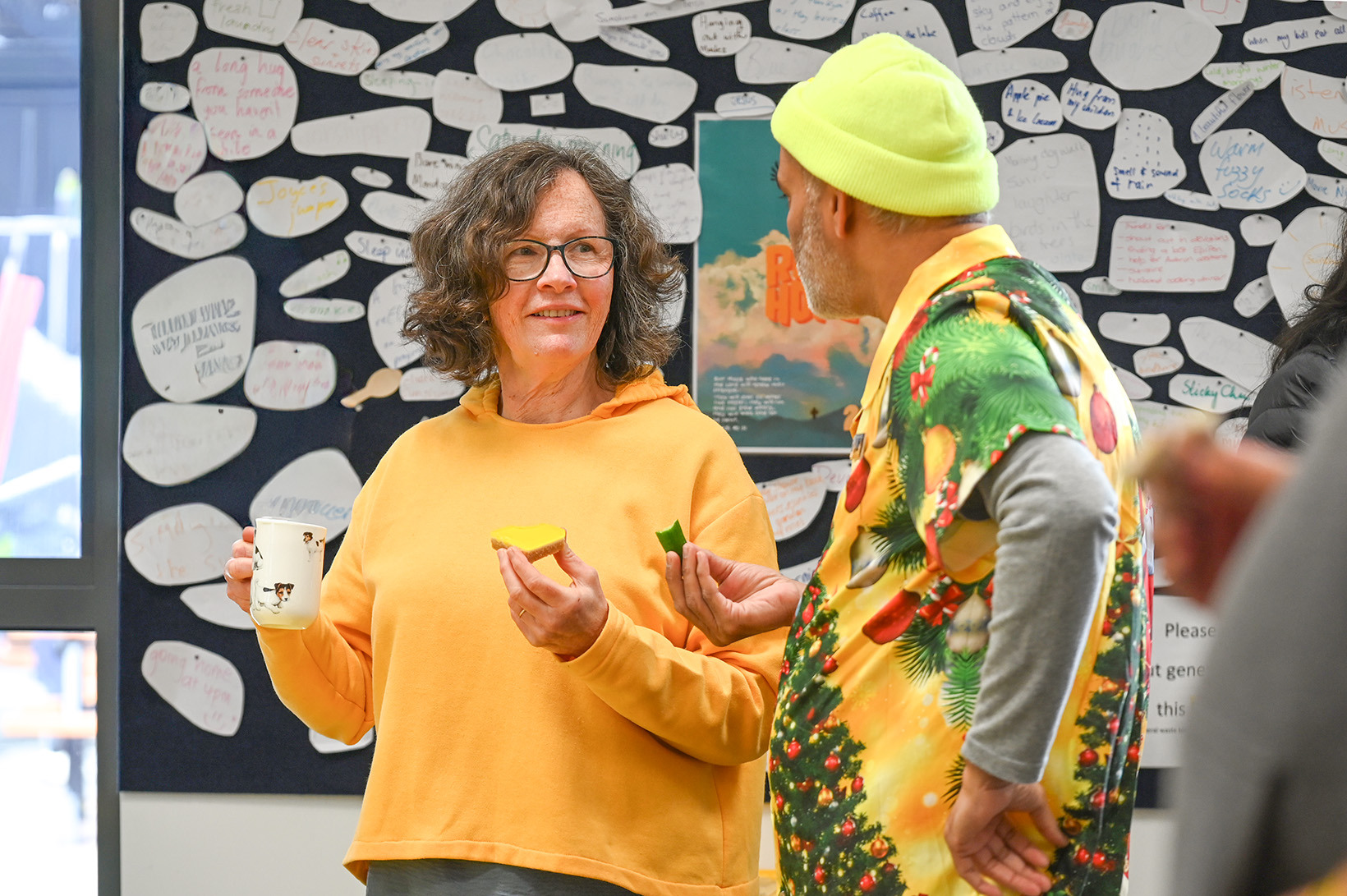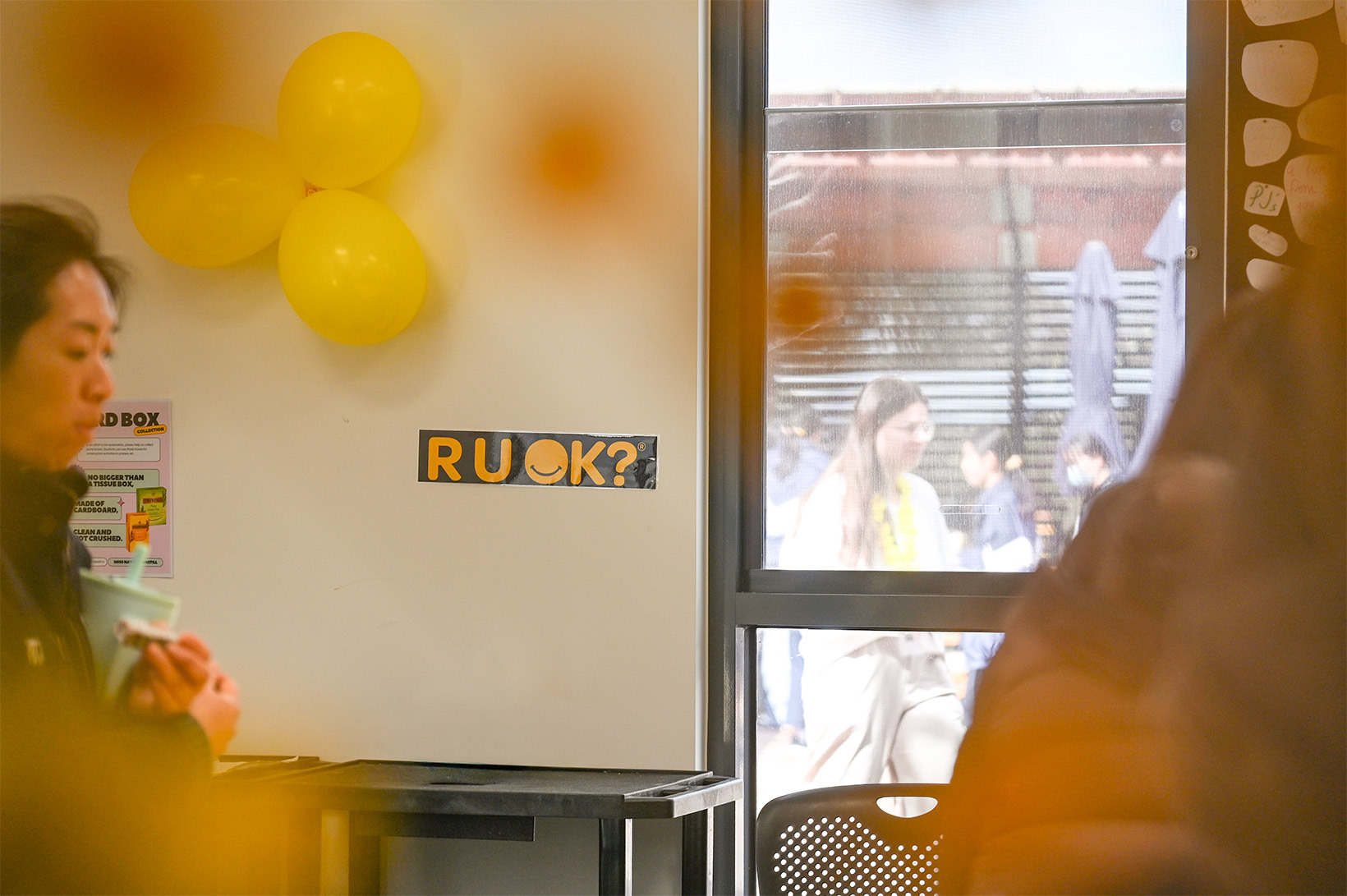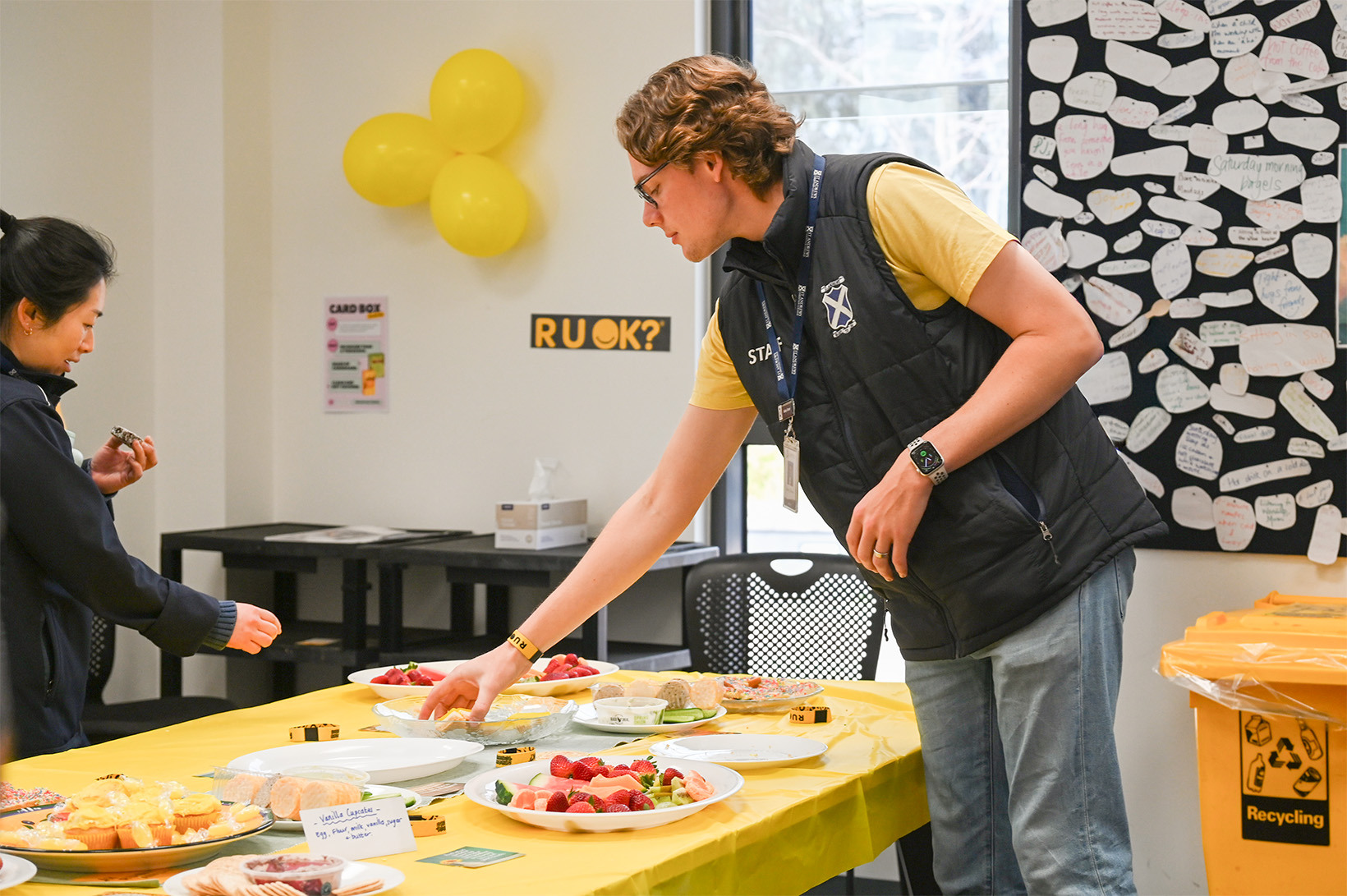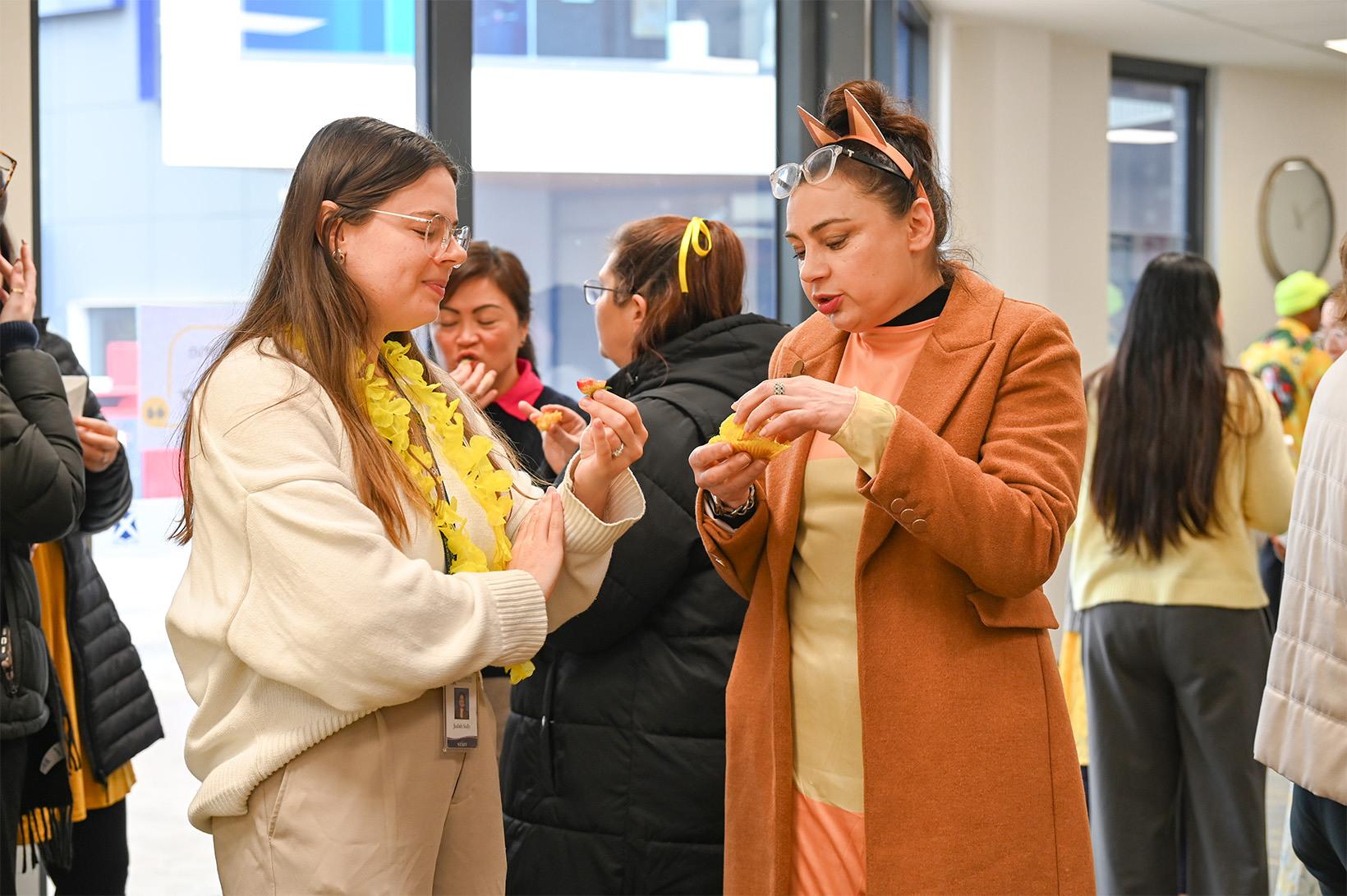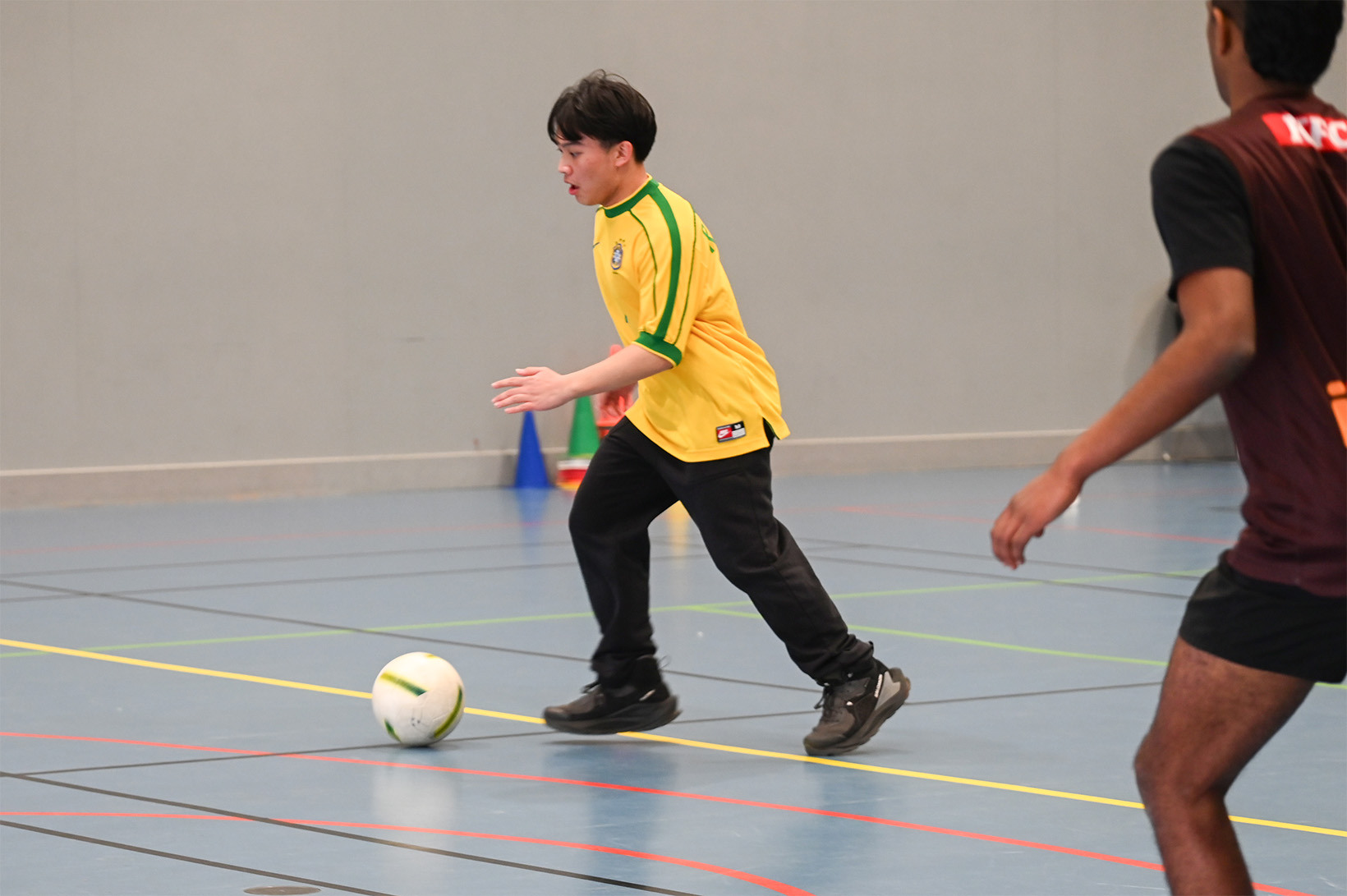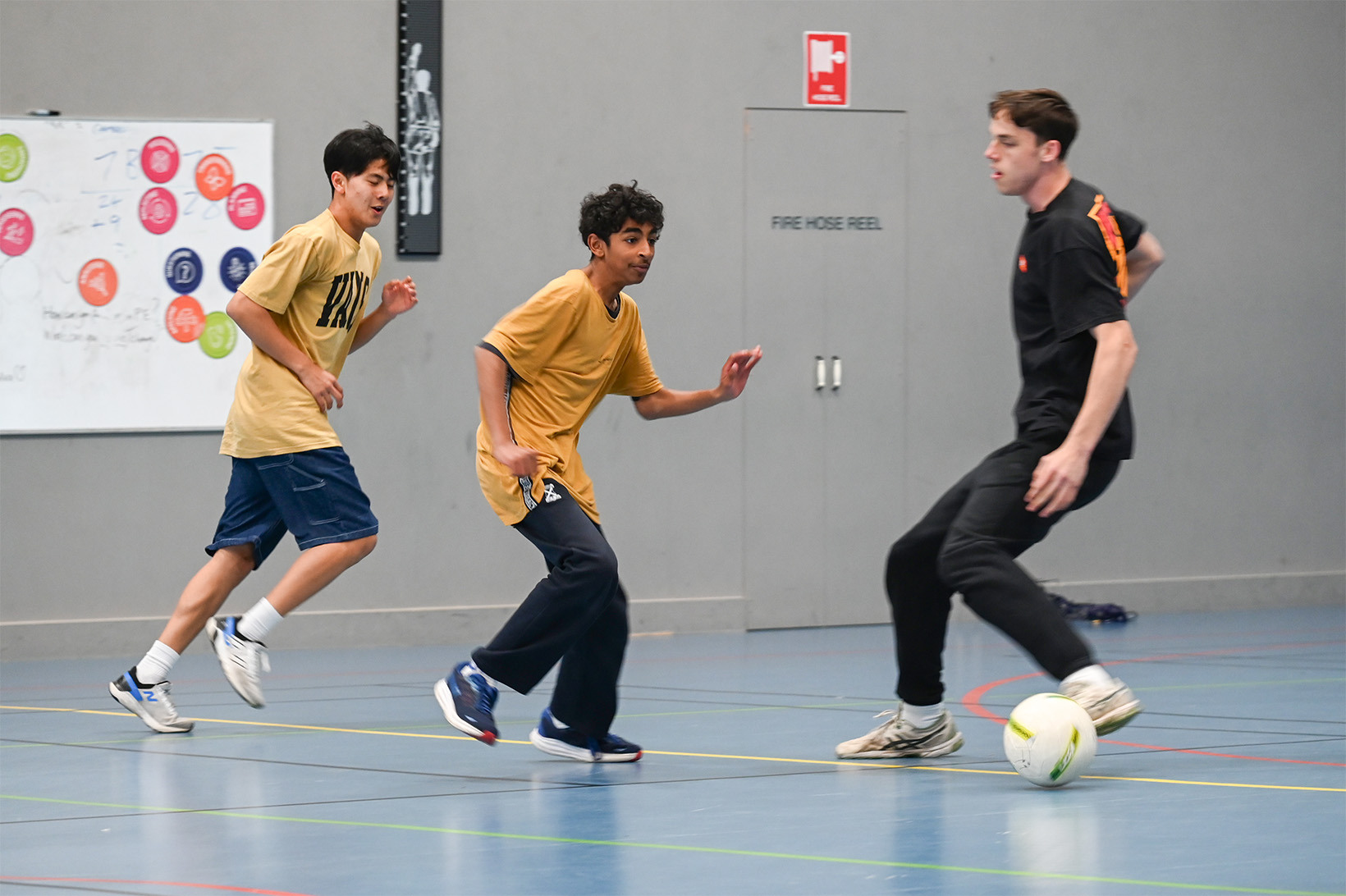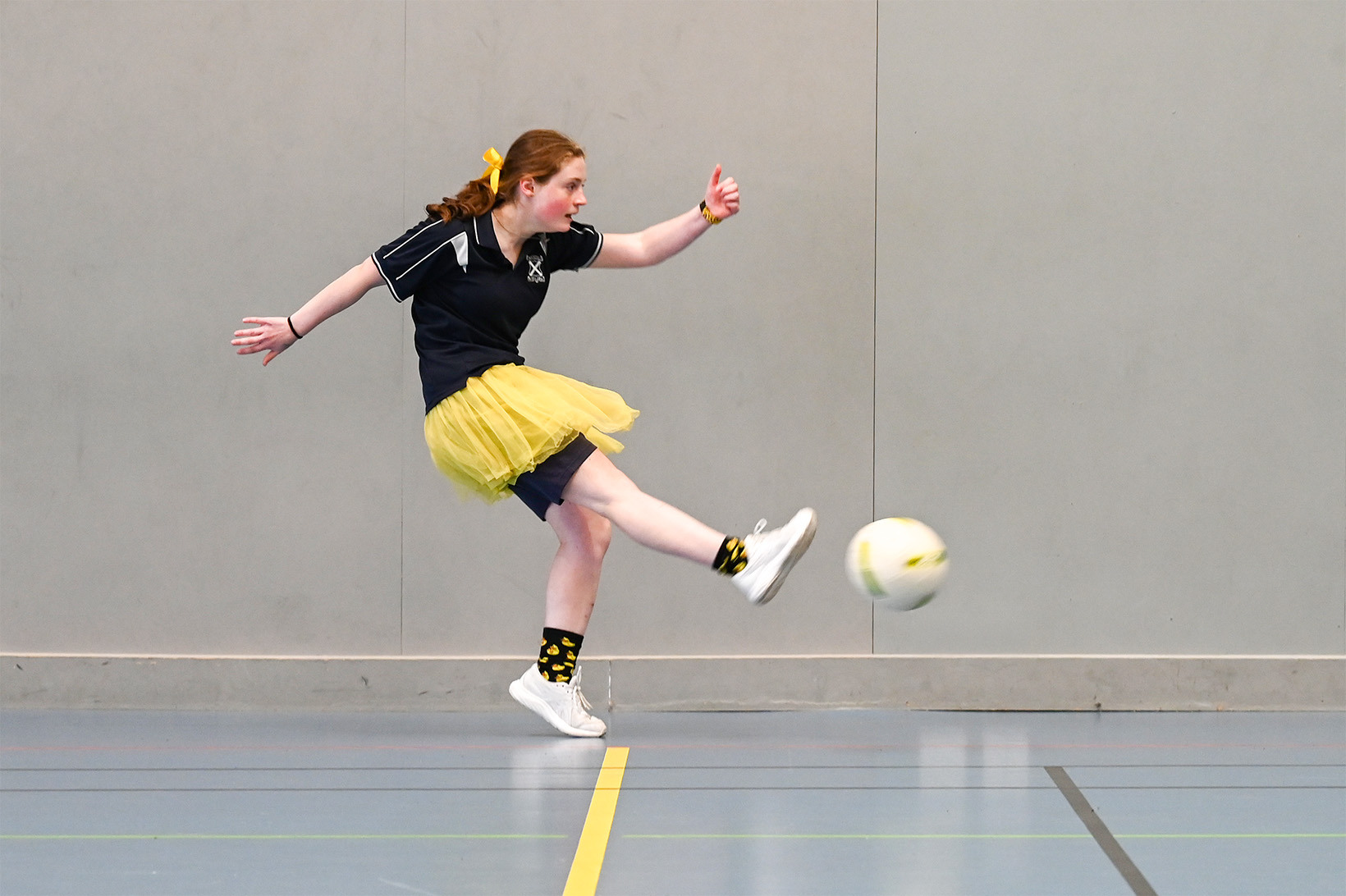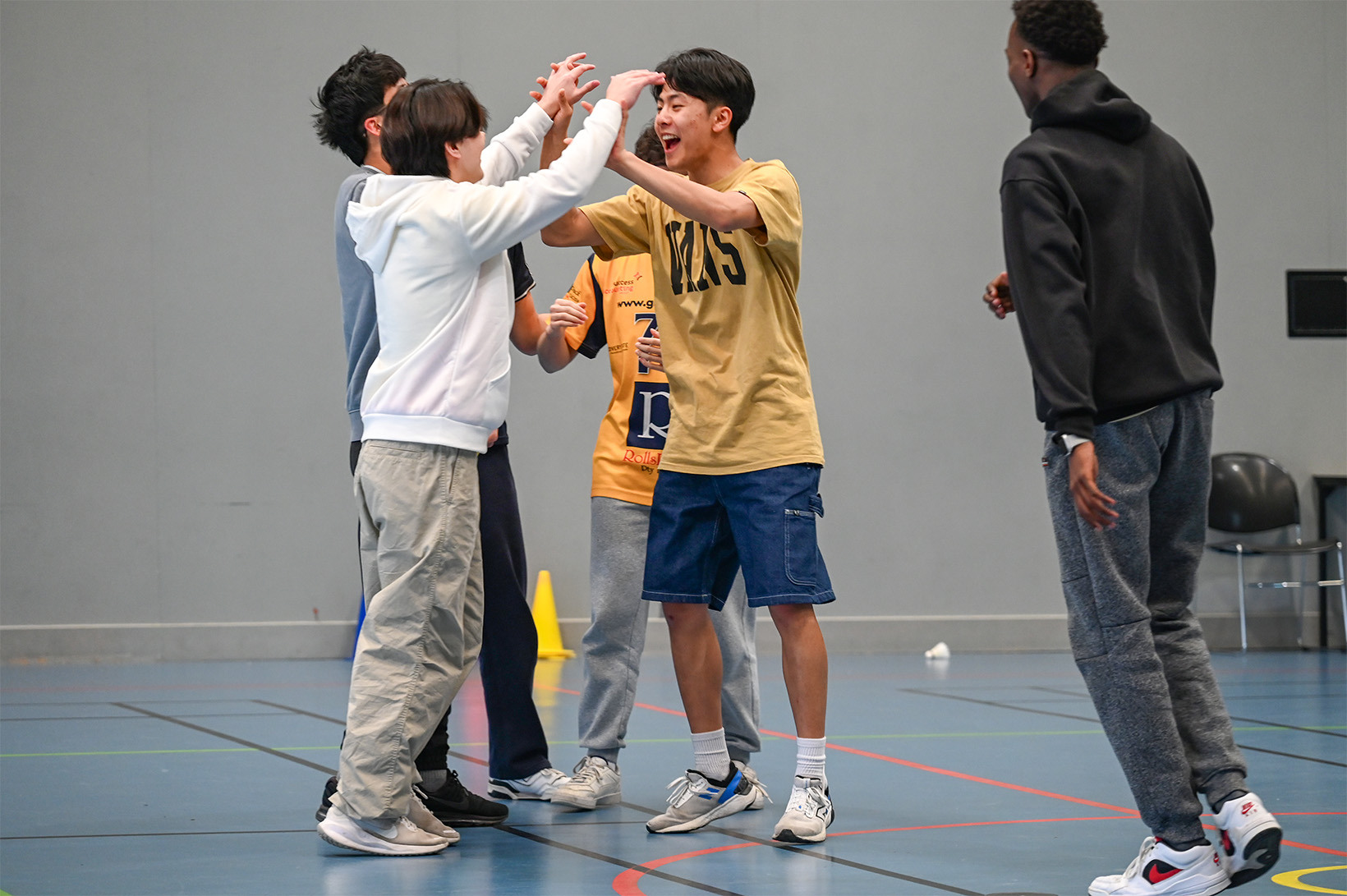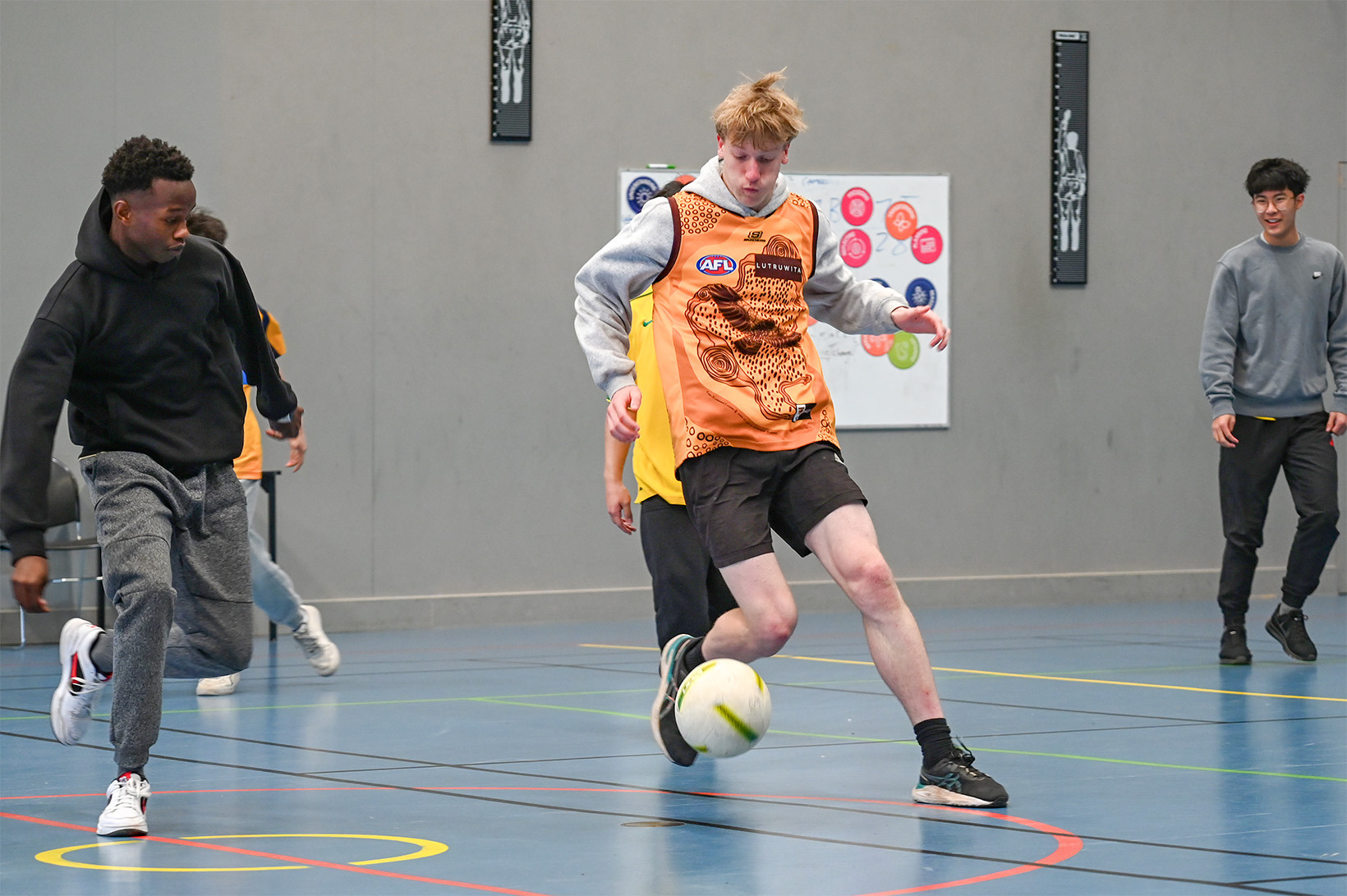RUOK? Day
As part of our Visible Wellbeing Framework the College embrace events that highlight Wellbeing! This year RUOK? Day was coordinated by our Student Wellbeing Captain, Youran Wang, who brought in other captains to support one event each day. On Thursday, staff and students celebrated RUOK? Day itself with dressing up, a reflective homeroom time plus a Student vs Student Soccer Tournament in the MPH at lunch.
Thank you to our wonderful Staff team who care for students every day!

The Power of Forgiveness
Doing the hard things Jesus commands
Sorrow, pain and anger affect us all. There are no ‘bad’ emotions. We do know though that holding onto sorrow, pain and anger can cause significant negative impacts on our wellbeing. Unforgiveness can fracture relationships. The benefits of forgiveness include spiritual and psychological wellbeing; reduced physical pain, higher self-esteem; a sense of release; freedom and peace; less anger, anxiety, depression and stress; health benefits like reduced blood pressure; and an increased immunity and a healthier heart.
In Ephesians 4:31 – 5:2, Paul is talking about how we should relate to one another. He says to "Let all bitterness, wrath, anger, clamour and evil speaking be put away from you. And be kind to one another, tender-hearted, forgiving one another as I have forgiven you." He asks us to be "imitators of God" and to 'walk in love". It’s a tough teaching, right? And often forgiveness takes time, especially when linked to trauma, and is very challenging when there has been a breach of trust.
The REACH practice of forgiveness may help you to get rid of bitterness and grudges, freeing you from worry and stress. Forgiving the small and big things that happen to us doesn’t remove the consequences for that person or situation that caused you harm. You are simply trusting God to take the worry from you as He knows how to better deal with the situation than you do. You might not feel like forgiving someone.
Decisional forgiveness involves choosing to let go of your angry thoughts towards the person who has hurt you or wronged you. Emotional forgiveness goes further to bring love, compassion, sympathy and even empathy to replace the anger, bitterness, hatred, fear and resentment.
REACH - Here’s how to do it.
Recall the hurt without blame
Empathise, thinking how the person who wronged you may see the situation
Altruism - Remember a time you were forgiven, and how that felt
Commit to forgiveness
Hold on to forgiveness and avoid thinking about the situation over and over.
Take every thought captive and make it obedient to Christ (2 Corinthians 10:5). Keep working on each step, even if it takes a long time or many attempts to feel like it’s working.
It is wonderful that God helps us in our weakness (Romans 8:26, 2 Corinthians 12:10). If you’d like to talk with one of our Wellbeing Team members about your child and issues of unforgiveness, please reach out to mheading@standrews.vic.edu.au.
God bless,
_1.png)










 back
back










